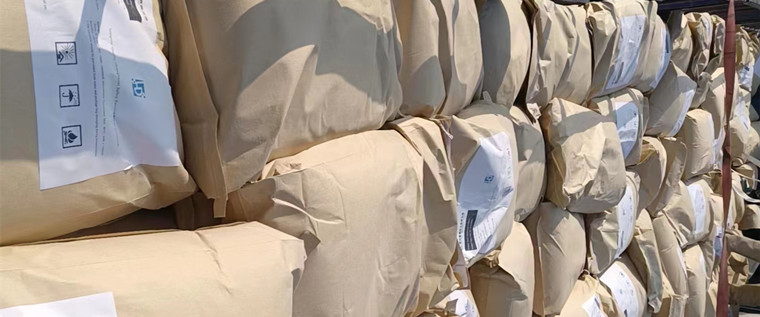Polyanionic cellulose (PAC) plays the following important roles in drilling fluids:
Ⅰ. Rheological properties regulation
1. Thickening effect
PAC can significantly increase the viscosity of drilling fluids. Appropriate viscosity is critical in the drilling process. For example, in deep well, inclined well or horizontal well drilling operations, higher viscosity can enable drilling fluids to carry cuttings better. It increases the friction inside the fluid by stretching and entanglement of molecular chains in the drilling fluid, thereby reducing the fluidity of the drilling fluid and achieving thickening.
Compared with other thickeners, PAC has a more stable thickening effect. It can maintain good thickening properties over a wide temperature range and under different mineralization conditions. This is because the anionic groups in its molecular structure can interact with the cations in the drilling fluid to form a relatively stable structure, which can maintain the viscosity of the drilling fluid even in a complex downhole environment.
2. Improving rheology
PAC can adjust the rheology of the drilling fluid, giving it good shear thinning properties. During the circulation process of drilling fluid, when it is at a high shear rate, such as at the drill bit, the viscosity of the drilling fluid will decrease and the fluidity will increase, which is conducive to carrying cuttings from the bottom of the well to the ground; while in low shear rate areas such as the annulus, the viscosity will increase, which is conducive to suspending cuttings and preventing them from sinking and accumulating. This shear thinning property is achieved by the orientation change of PAC molecular chains under different shear forces. Under high shear force, the molecular chains are oriented, the fluid resistance is reduced, and the viscosity is reduced; under low shear force, the molecular chains return to the entangled state and the viscosity increases.
Ⅱ. Reduce the amount of filtration
1. Forming filter cake
PAC can form a dense filter cake on the well wall. When the drilling fluid contacts the well wall rock, the PAC molecules will be adsorbed on the rock surface and form a filter cake through the interaction between molecules. This filter cake can effectively prevent the liquid in the drilling fluid from penetrating into the formation and reduce filtration. For example, in formations with good permeability, a good filter cake can significantly reduce the loss of drilling fluid and avoid formation damage caused by excessive filtrate entering the formation, such as clay swelling, reduced permeability and other problems.
The filter cake formed by it is of high quality, with good toughness and elasticity. Compared with some traditional fluid loss reducers, the filter cake formed by PAC is not easy to break. This is because its molecular chains have strong interactions and can withstand certain pressure and scouring, thereby better isolating the drilling fluid from the formation and maintaining the stability of the well wall.
2. Increase filtrate viscosity
PAC can also increase the viscosity of the drilling fluid filtrate. When the liquid in the drilling fluid tries to penetrate into the formation through the filter cake, the higher viscosity of the filtrate will increase the penetration resistance and further reduce the filtration loss. It forms a network structure in the filtrate, hindering the flow of liquid molecules, thereby achieving the purpose of reducing the filtration loss. This effect is also more obvious under high temperature and high pressure environments, which can adapt to complex downhole conditions and effectively control the filtration performance of the drilling fluid.
Ⅲ. Wellbore stability
1. Inhibit clay hydration expansion
In formations containing clay, PAC can inhibit clay hydration expansion. It changes the surface properties of clay particles by adsorbing on the surface of clay particles, reducing the chance of contact between water molecules and clay particles. For example, in water-sensitive formations, the anionic groups of PAC can exchange and adsorb with the cations on the surface of clay particles, forming a protective film around the clay particles to prevent the entry of water molecules, thereby reducing the degree of clay water absorption and expansion and avoiding wellbore collapse.
Its inhibitory effect on clay hydration expansion can improve the stability of the wellbore. A stable wellbore is essential for the safety and efficiency of drilling operations. Especially when the drilling formation structure is complex, such as soft mudstone formations and shale formations, this effect of PAC can effectively prevent the wellbore from becoming unstable and reduce the occurrence of downhole accidents.
2. Enhance the cementation of wellbore rock
PAC can react with certain complex compounds
